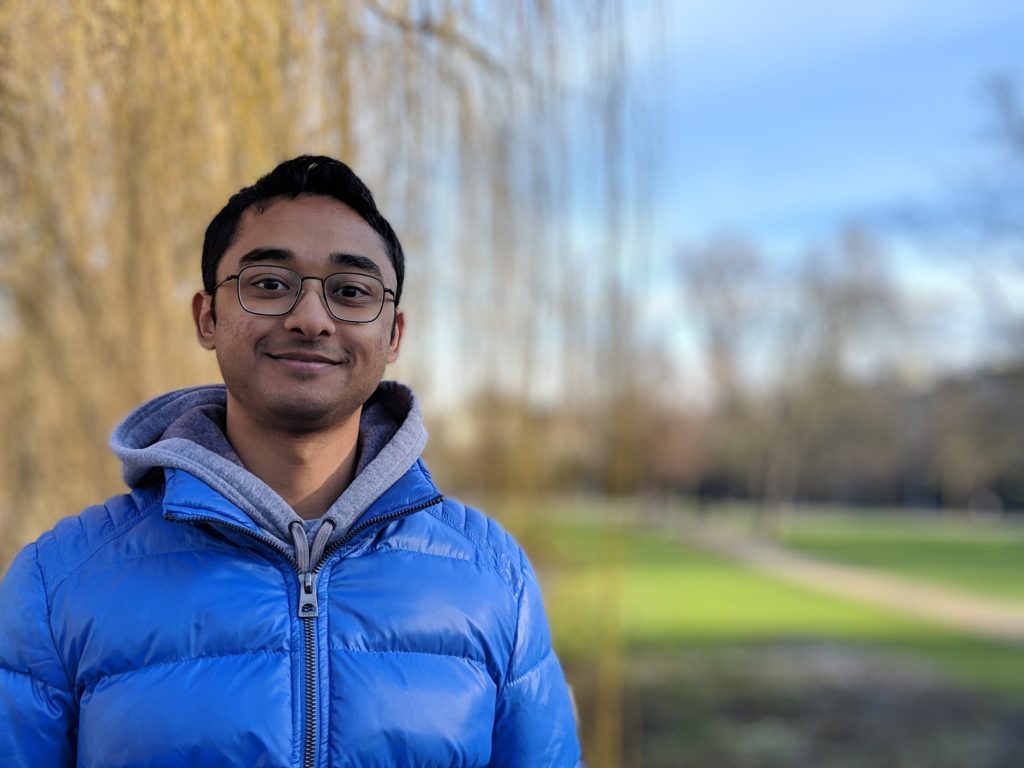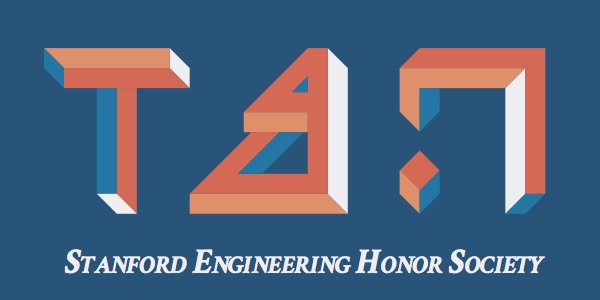By Diwakar Ganesan, Senior, Chemical Engineering
Diwakar is a CS student from Clarksburg, Maryland. He’s interested in all the ways automation can make people’s lives easier.

Why did you choose to be an engineer?
I chose to be an engineer to build things that solve people’s problems. But the different fields of engineering have lots of beauty in them, and learning the field well would still be worthwhile even if it wasn’t as immediately practical as it is in today’s world.
I began my education at Stanford thinking about my college experience in primarily professional terms. I was excited to intern in the Valley, meet engineers working on tough technical problems in industry, and hone my ability to build things. The spring of my freshman year I took CS103, and I remember being vaguely annoyed at the requirement. Why is the department making me learn how to prove weird logical statements with induction? Why does that matter? When am I ever going to use this?
But something shifted as I worked through the class. Sure, the problem sets were a slog and the grading was tough, but my perspective changed. I stopped seeing CS103 as simply a requirement to get through, but as a way of learning a different way to think about the world. In between long proof writing sessions I began to see something interesting — even beautiful — in the material. Theoretical tools like diagonalization that have almost no use when trying to build real systems let us make some truly grand statements about the world. The specifics of Turing Machines probably aren’t relevant to someone writing software today, but I saw a lot of elegance in showing that certain problems are impossible to solve, no matter how powerful your computer is. Learning formal proof writing gave me an entirely different way of looking at problem solving. Most engineering problems grapple with determining some sort of truth about the physical world. In the contrived setting of formal mathematics with its fixed axioms, one can clearly see what it takes for something to be true in the widest sense possible.
I began to see my engineering education in broader terms, that somehow learning about the theoretical aspects of the field could help advance my personal development (Education as Self-Fashioning in Stanford terms). A lot of students may see taking a course in Art History or Creative Writing as self-edifying, satisfying our internal need to better understand the world and our place in it. As a senior nearing the end of my college education I see engineering the same way.
